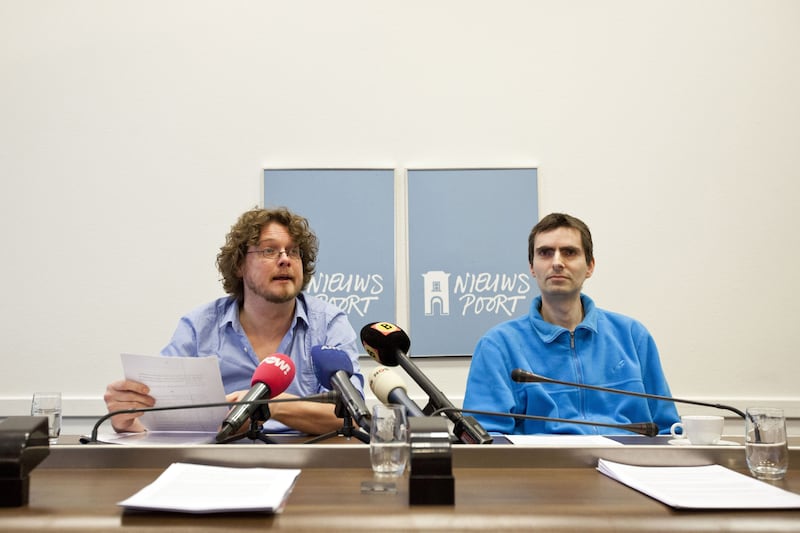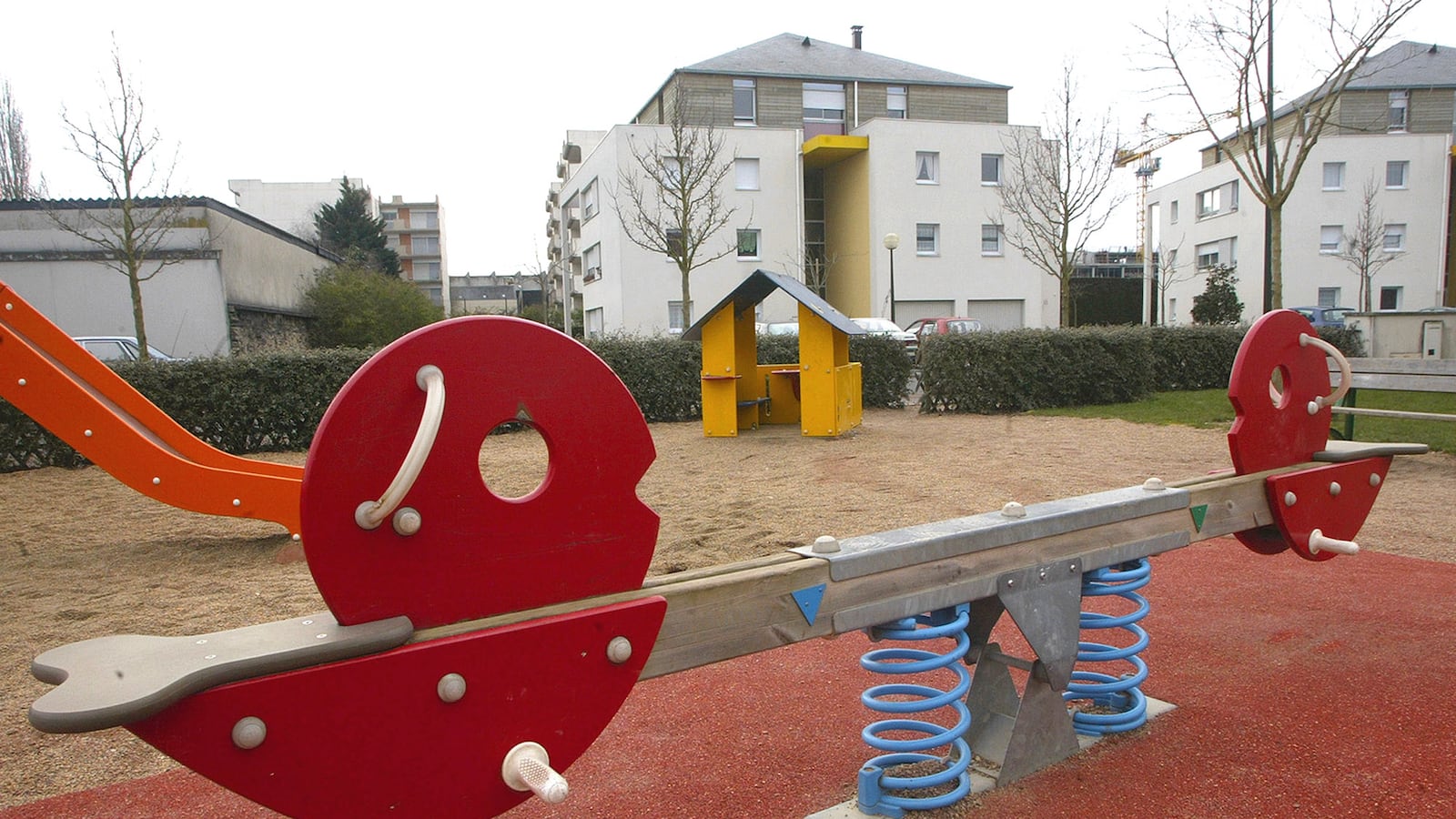When Marthijn Uittenbogaard’s lawyer contacted him with the news that his pro-pedophilia group could continue to exist, he took to Twitter: “Fortunately, there are still wise judges,” he wrote. Uittenbogaard was the last leader of Martijn, a foundation established in 1982 to promote the legalization of consensual sex between adults and children in The Netherlands. (The similarity of the names Marthijn and Martijn is a coincidence.)

The group has been fighting a legal battle with the country’s Public Prosecution Service which has been seeking its dismantling since 2010. Last year a court ruled that Martijn be banned on charges that it glorified sexual relations between adults and children. But the appeals court in the northern town of Leeuwarden has now overturned that decision, claiming that although the work of the organization is contradictory to public order, there is no evidence leading to “a threat of disrupting society.”
Uittenbogaard, 40, sees this as a victory for freedom of expression. He thinks society can be very overprotective. “A child can see a lot of violence on television, on every cartoon there’s violence, on movies people get killed,” he explains, “But when Janet Jackson’s breast is shown at the Super Bowl people say: ‘Oh children are watching this.’ Nakedness and everything concerning sexuality is a taboo and violence is the norm. And I think that should be the other way around.” He further believes “almost everyone has pedophile feelings in them. Only the percentage is different, some have more than others.”
According to Uittenborgaard, pedophilia is not only about sex. He is, in fact, against penetration when it comes to small children, but he thinks that those above 12 years old are wise enough to decide whether they want to have intercourse with an adult. But child psychologist Sanderijn van der Doef disagrees. She admits children are aware of their sexuality at an early age, but “they can’t understand the consequences of their decisions, including those related to their sexuality.”
At the height of its activities, Martijn had 650 members, published a quarterly magazine and hosted a website featuring chat rooms, forums, and news archives on pedophilia-related stories.
In 2007 the organization came under fire after a member published on its website photos of children of the royal family, including of the crown prince’s daughter, princess Amalia. Then in 2011, former leader Ad van der Berg was sentenced to four years in prison for possession of child pornography, some 157,500 photos and videos, including 12,000 in which he could be seen posing.
Uittenbogaard stresses that Martijn doesn’t promote or incite acts of pedophilia. In fact, he claims, they discourage sex with children. Not only because it’s illegal, but also because the current moral context surrounding the practice would be too hard for the child to cope with. Instead, Martijn strives for a change in the law and in society.
To jurisprudence professor Roel Schutgens from the Radboud University, it’s this aspect of the organization that makes this case so difficult: “They say sexual contact between adults and children is OK and at the same time they say the law should be obeyed. They definitely don’t ask for illegality.”
Schutgens explains the judges’ decision is a clear message regarding freedom of expression in The Netherlands: “The court is saying we’re a democratic society which can protect itself against whatever the foundation Martijn says in the sphere of free debate.”
The judges reviewed the content of the organization’s website and concluded there were no illegal acts performed by the organization. Had they committed a crime, then it would have been easy to dismantle the organization, says Schutgens. He also clarifies that the group cannot be held responsible for individual criminal acts of its members.
In recent years large-scale pedophilia cases have caused much debate in the Netherlands regarding the way the justice system should deal with pedophiles. In 2010, a man in Amsterdam was arrested for abusing at least 87 children while working as a nanny. He is thought to have been a member of Martijn, and admitted to abusing the children. And an investigation by the newspaper NRC and Radio Netherlands Worldwide also reported widespread abuse in Roman Catholic institutions between 1945 and 1985. The report led to an investigation by the church which has found that up to 20,000 Dutch children may have been abused during that period.
Suspects and convicted criminals enjoy the right to privacy in The Netherlands; their last names are never revealed and their faces are partially covered in photos published by the media. But many are now wondering whether the right to privacy should prevail over child protection.
The Dutch parties ChristenUnie (Christian Union) and CDA (Christian Democratic People’s Party) have already started working on a bill to ban pro-pedophilia groups. To Arie Slob, leader of the parliamentary group of ChristenUnie, this is a no brainer: “The protection of children transcends the right to freedom of expression. Freedom cannot be used as a way to corrode basic rights, in this case those of children.”
Marthijn Uittenbogaard doesn’t want to continue leading the organization Martijn, which has now been reduced to some 60 members. He spends his days playing videogames at home: “No one will hire me,” he says. He survives on his father’s inheritance and his partner’s paycheck. But he’ll continue fighting for the rights of pedophiles.






